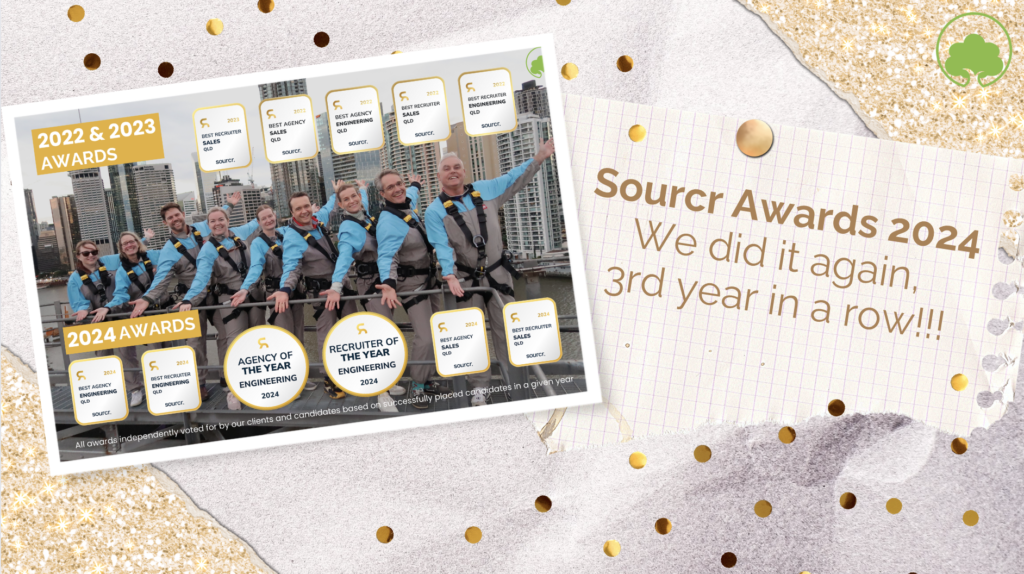Gate 8 is a BIG step. Do not underestimate this. It is amazing how often we hear from candidates (level-headed and emotional ones) that no matter how well they prepared themselves beforehand, actually standing face-to-face with their manager and uttering the words “I am resigning from my role….” Is SO much harder than they had envisaged. Resigning from a job can be a significant step in your career and the business you are leaving and as such, it is important to handle the process professionally and gracefully.
Here are our 9 steps to a successful resignation:

1. Review your employment contract: Make sure you familiarise yourself with the terms of your current employment contract. Paying specific attention to :
a. your notice period (this will change depending on the length of time you have worked at your current employer),
b. any non-compete or confidentiality agreements you may be held to, and
c. any specific resignation procedures outlined in your contract.
d. Write down the reason(s) you are leaving your current role and employer and why you have opted to go for the new role and employer (important later). Spend a good amount of time on this so that you are very clear on why you are leaving, what you are leaving behind, what you will be gaining and what you will be working towards. You will find that remuneration is most likely not even featured on this list. If it is, it is important to consider how much more you would need to be paid to negate the aspects of your current role you are not happy with.

2. Choose the right announcement time: Select an appropriate time to have the conversation with your direct manager. Although there is never a perfect time to resign or leave a business, industries are often smaller than you think, and it is always good to leave on good terms as you never know what the future will hold. As such, try to avoid resigning during crucial projects or periods of high workload, if possible. This shows respect for your colleagues and the company.

3. Schedule a meeting: Request a meeting with your direct manager to discuss your resignation. If they are frequently unavailable, you may consider sending a formal resignation letter or email instead. The latter is really only if you have made a big effort to meet with your direct manager to tell them of your resignation yourself.
a. It is important in the process that you do not tell your colleagues first, as you have to have told your direct manager first, before the rest of the company gets to hear the news.

4. Prepare a resignation letter: In preparation for your resignation meeting with your direct manager, you should have your written resignation letter at hand to provide to your manager during the meeting. Your letter should be concise, professional, and positive. Mention your intention to resign, your last working day (considering the notice period), and express gratitude for the opportunities you had at the company.

5. Communicate your decision: In the meeting, calmly and professionally inform your manager of your decision to resign. Share your reasons, but avoid being negative or criticising the company, colleagues, or management. Emphasise the positive aspects of your experience and express gratitude for the opportunities you received.
a. Offer assistance with the transition: Show your willingness to support a smooth transition. Offer to help train your replacement, prepare handover notes, or assist in any other way during the notice period.

6. Be prepared for an adverse reaction: Depending on your role and your relationships within the business, your resignation notification can be responded to in a myriad of ways. Generally, we see two broad reactions:
a. Your manager does not want you to leave and makes you a ‘counter offer’. Typically a counteroffer will come in the form of more remuneration. This may be more pay, better bonuses or a better company vehicle. Now you think back to the list you made above and why you are leaving this role. Your current employer will likely make a ‘generous’ offer to you to entice you to stay. Think back as to why you are leaving. You may be asked to work out your resignation time / notice period to help with a smooth transition of your work.
b. Your manager is happy or upset with you leaving and will ask you to ‘drop everything’ and walk you to the door. If this happens, this is very confrontational, and your employer will need to pay out your resignation time (however long this is). You will not need to return to your existing office.

7. Informing your colleagues: Remember, you should ONLY inform your colleagues that you are leaving once you have formally resigned and informed your direct manager. This is a professional courtesy to inform your close colleagues and team members personally about your decision. Share the news respectfully and consider offering your contact details for future networking.

8. Maintaining professionalism: Throughout your notice period, you should continue to perform your duties diligently and professionally as before. This is a great time to tie up loose ends, complete any pending tasks, and avoid causing disruptions to the team you are leaving.

9. Update your professional network: Although the temptation will be to do this as soon as possible, we recommend you only update your LinkedIn profile and other professional platforms to reflect your new status once you have started your next dream job.
Remember, how you handle your resignation can leave a lasting impression on your professional reputation. By resigning gracefully, you can maintain positive relationships and preserve your reputation within your industry. Sometimes this may not be possible, but remember, you determine your calling card and your professionalism, regardless of how others may treat you.
Gate 9, the second to last gate, is about preparing for your first day at your new dream job…

Phone: (07) 3075 9435
Email: enquiries@ArcTree.com.au











